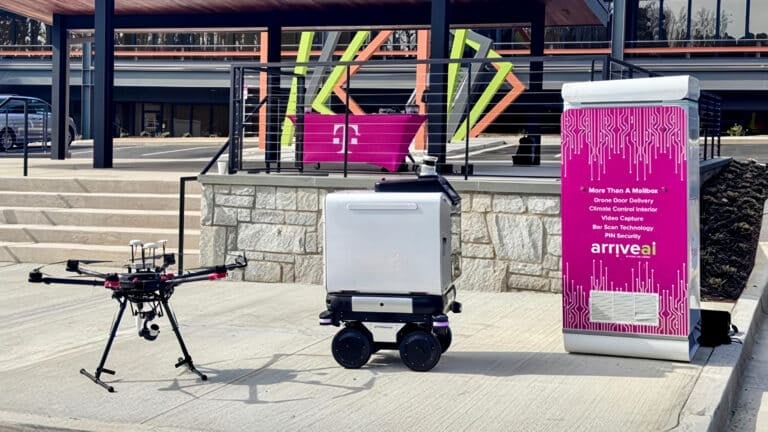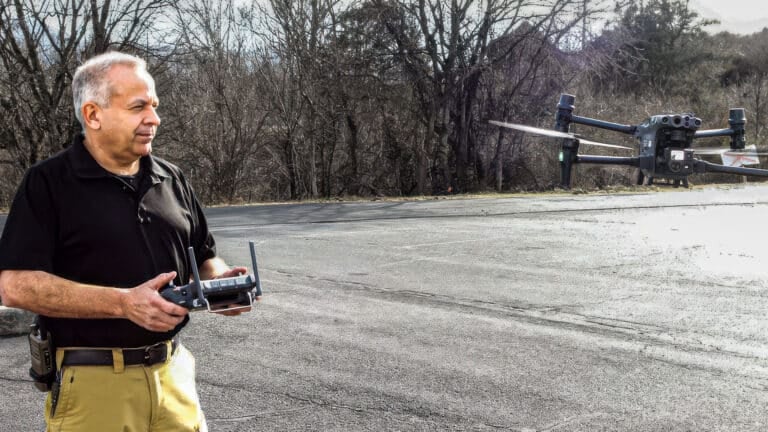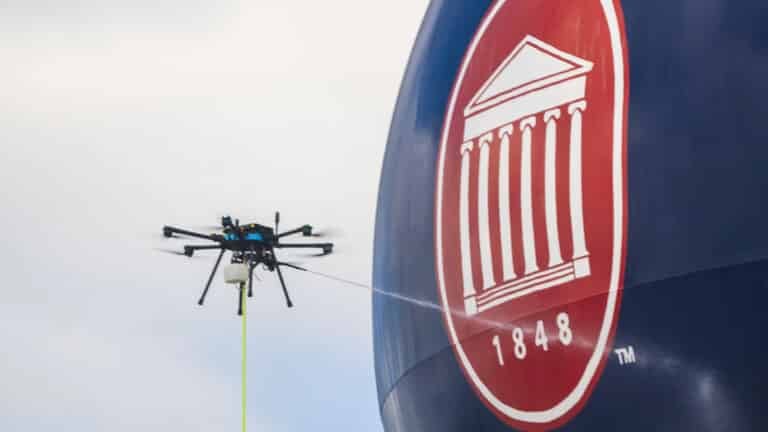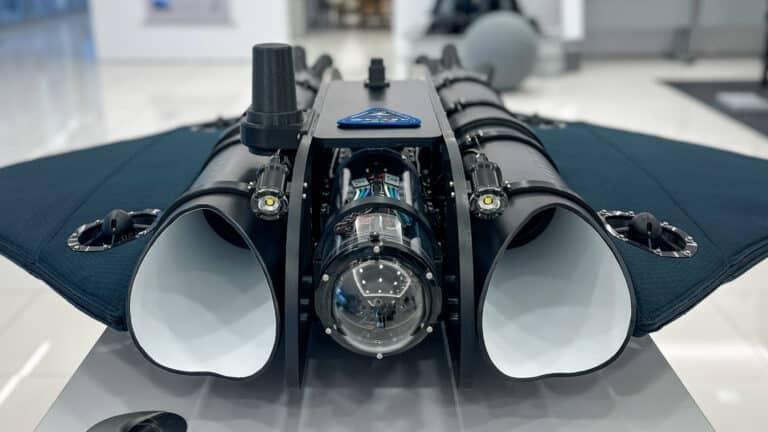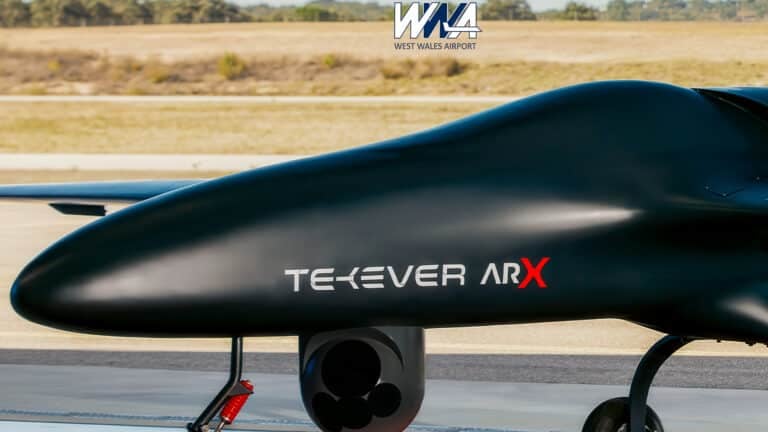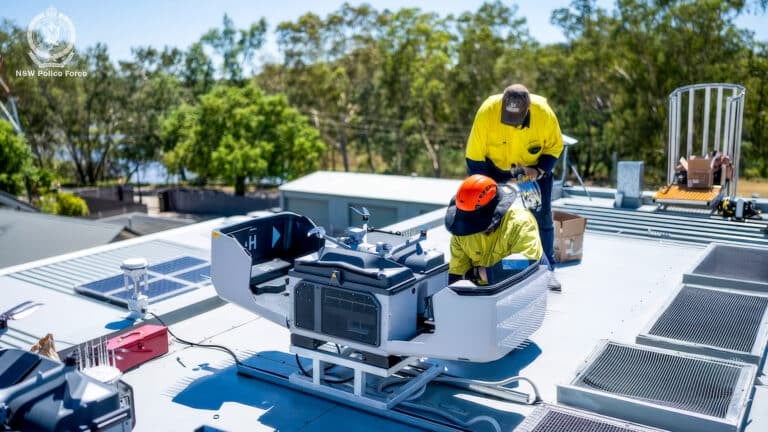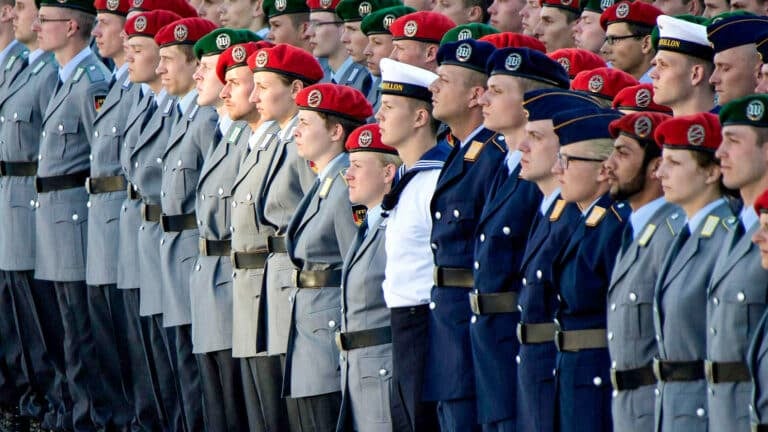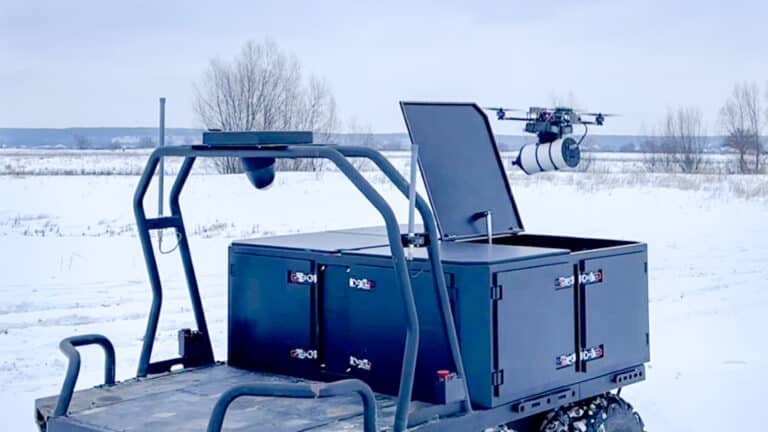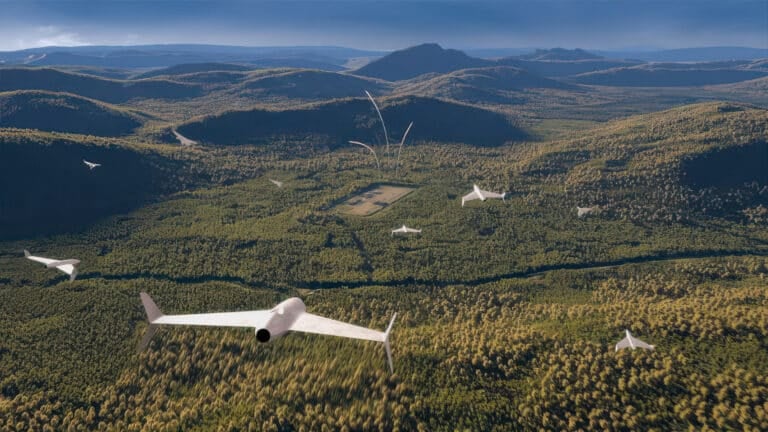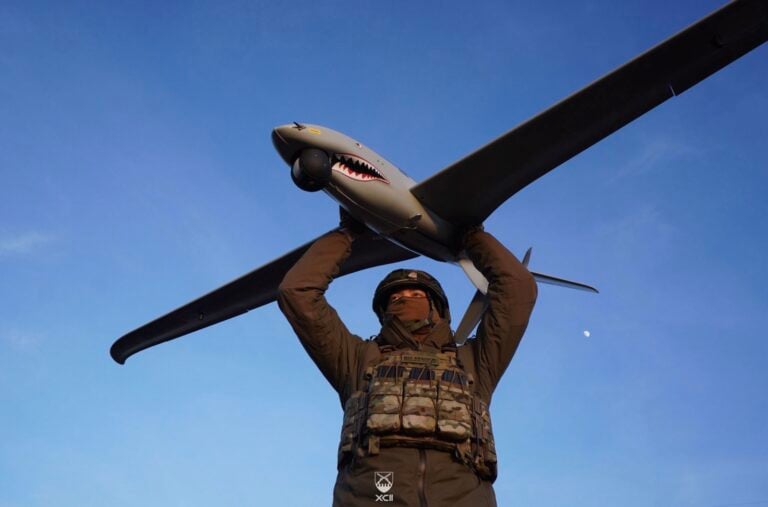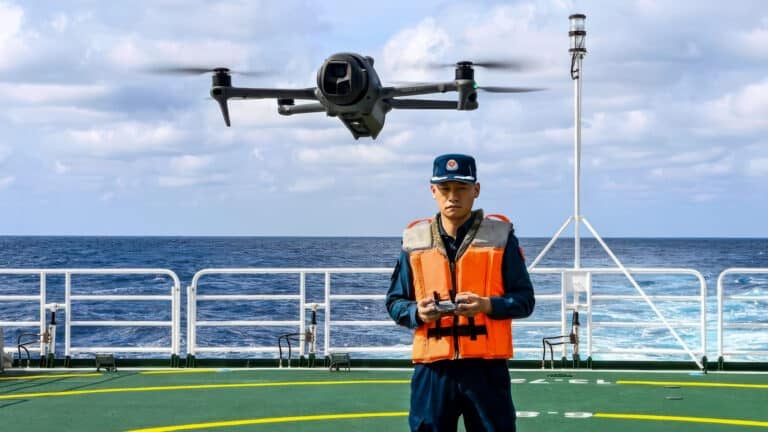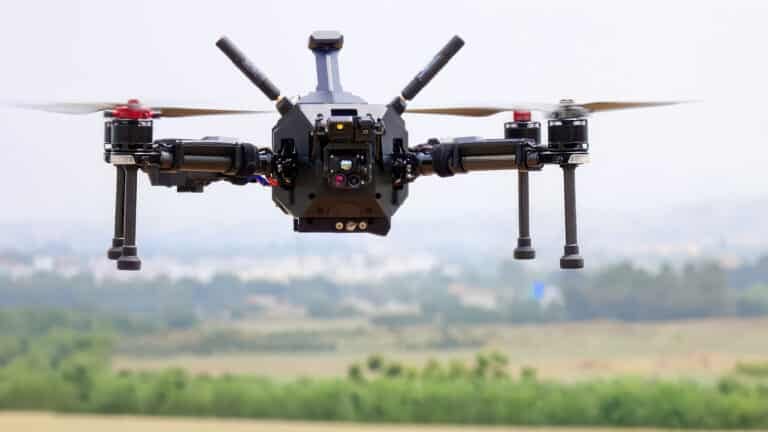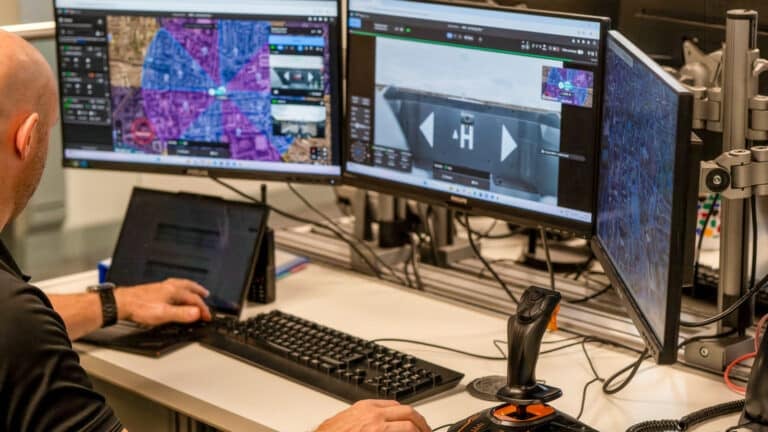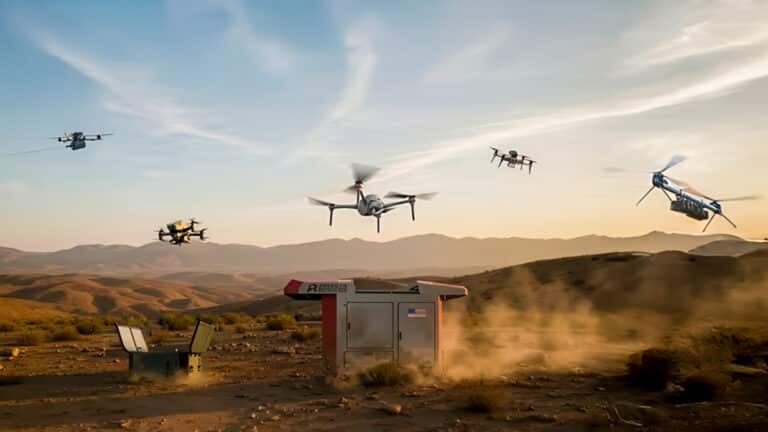Shocking Ruling Crushes Drone Deer Recovery in Michigan – Hunters Beware
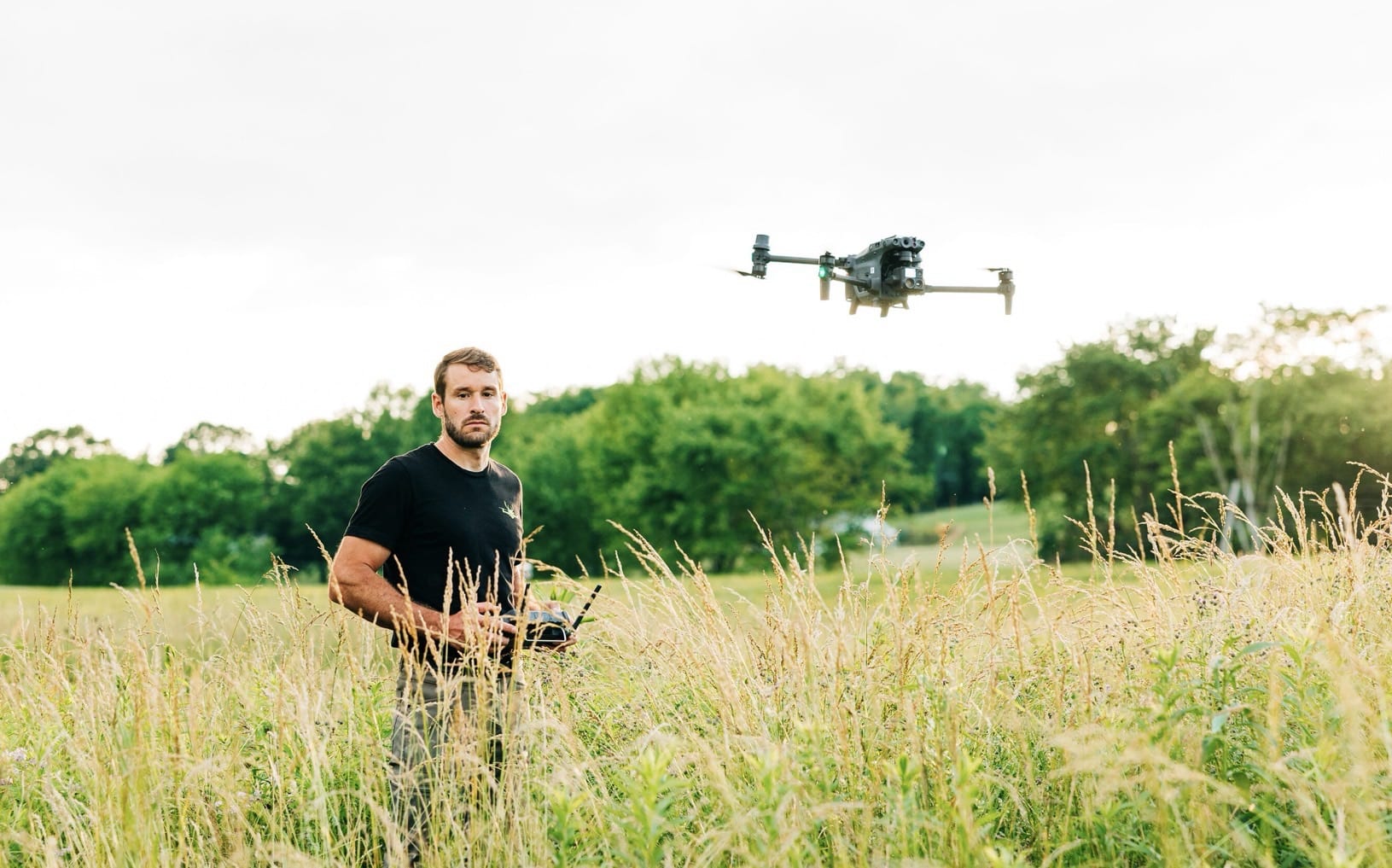
Check out the Best Deals on Amazon for DJI Drones today!
Laugh if you want, but drones “speaking” location data? That’s the wild argument in a case where Michigan’s hunting ban won out, leaving pilots and hunters reeling.
A federal appeals court has affirmed that an Ohio-based company cannot use drones to help hunters locate wounded deer in Michigan, upholding the state’s prohibition despite recognizing free speech implications in the drone operations. This ruling highlights ongoing tensions between innovative drone applications and wildlife regulations, as detailed in a recent court decision, reports The Detroit Free Press.
Drone Technology in Deer Recovery Operations
Drone Deer Recovery LLC employs thermal imaging and infrared cameras on drones to detect heat signatures from wounded deer that escape after being shot. Operators scan areas with poor blood trails or dense terrain, then switch to visible cameras and search lights to confirm the animal’s status. If the deer appears dead or mortally wounded, the system generates a GPS pin, which hunters receive to navigate via apps like Google Maps. This method streamlines recovery, reducing time and effort for hunters who might otherwise abandon searches. The company, founded in 2022, provides services, kits, and training, connecting hunters with local drone pilots through its website. Such technology represents a growing trend in drone use for wildlife management, where aerial views offer advantages over ground tracking.
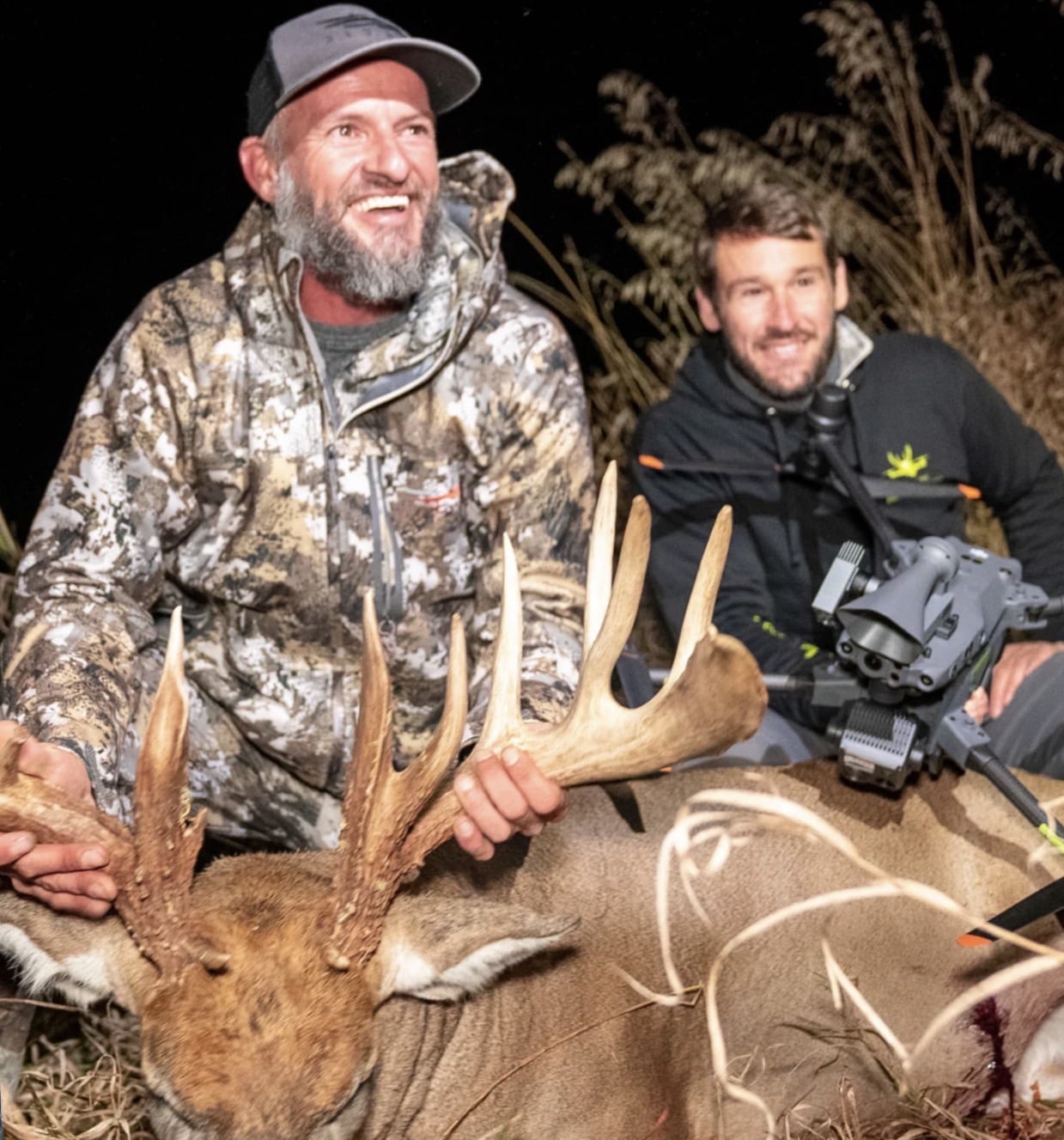
The Legal Challenge and First Amendment Arguments
Mike Yoder, the company’s founder, aimed to expand into Michigan but faced warnings from the state’s Department of Natural Resources about violating a 2015 ban on drones in deer hunting. Yoder, assisted by the Pacific Legal Foundation, sued in federal court, claiming the restriction infringed on his First Amendment rights by limiting the creation and dissemination of location information gathered via drones. He argued that flying drones equates to protected speech, similar to recording or filming.
Michigan’s attorneys countered, stating, “Michigan’s drone law only bans conduct, not speech.” They added, “Simply flying a drone is not expressive activity. And Plaintiffs do not have an unrestrained right to gather information, so it does not matter that Michigan’s drone law makes it less convenient for Plaintiffs to obtain the information they wish to sell to their clients.”
A district court initially dismissed the case in June 2024, with Judge Paul L. Maloney ruling that the statute targets drone flight, not information sharing.
Maloney stated, “The Drone Statute does not regulate Plaintiffs’ ability to send and receive information regarding downed game. Plaintiffs are free to track downed deer in a different manner and relay their findings. Plaintiffs’ ability to relay location information is not regulated by the Drone Statute, just flying the drone.”
Yoder appealed to the Sixth Circuit Court of Appeals, which heard arguments in January and issued a per curiam opinion on July 31.
Court Ruling and Regulatory Implications
The appeals court partially sided with Yoder, acknowledging that drone use for gathering and sharing data involves speech protections.
The judges stated, “Plaintiffs’ use of drones — a novel medium — does not necessarily put their creation of information beyond the bounds of First Amendment protections.” They further noted, “(F)or purposes of this specific as-applied challenge, we do not agree that flying drones is separable from creating and disseminating location information … (T)he availability of other ways of creating and sharing location information does not negate Plaintiffs’ First Amendment interest in using drones to do so.”
However, the court upheld the ban, emphasizing Michigan’s interests in protecting natural resources and maintaining fair-chase hunting principles.
They concluded, “The Drone Statute is narrowly tailored because it would be harder for Michigan to achieve its stated interests — protecting its natural resources and preserving fair-chase principles in hunting — without banning the use of drones to take game.”
The judges added that the state need not carve out exceptions, as prohibiting drones advances those goals sufficiently.
This development raises questions about how states balance technological innovations with traditional hunting ethics. Drone operators in similar fields may face stricter scrutiny, potentially limiting services that enhance efficiency without directly aiding the hunt. Andrew Quinio, an attorney with the Pacific Legal Foundation, viewed the ruling as progress but insufficient:
“The court’s recognition that our clients have standing and that drone use to communicate information is protected speech is a major step forward. But the decision to uphold the ban under intermediate scrutiny — without the benefit of discovery into the state’s justifications — falls short of protecting our clients’ constitutional rights.”
The team considers further actions, such as a rehearing.
Building on that, the case underscores broader industry trends where drones intersect with regulations. States like Michigan prioritize conservation, but evolving court views on speech could influence future challenges. Drone professionals should monitor such decisions, as they affect operational scopes in wildlife-related applications.
Photos courtesy of Drone Deer Recover / Pacific Legal Foundation
Discover more from DroneXL.co
Subscribe to get the latest posts sent to your email.
Check out our Classic Line of T-Shirts, Polos, Hoodies and more in our new store today!

MAKE YOUR VOICE HEARD
Proposed legislation threatens your ability to use drones for fun, work, and safety. The Drone Advocacy Alliance is fighting to ensure your voice is heard in these critical policy discussions.Join us and tell your elected officials to protect your right to fly.
Get your Part 107 Certificate
Pass the Part 107 test and take to the skies with the Pilot Institute. We have helped thousands of people become airplane and commercial drone pilots. Our courses are designed by industry experts to help you pass FAA tests and achieve your dreams.

Copyright © DroneXL.co 2026. All rights reserved. The content, images, and intellectual property on this website are protected by copyright law. Reproduction or distribution of any material without prior written permission from DroneXL.co is strictly prohibited. For permissions and inquiries, please contact us first. DroneXL.co is a proud partner of the Drone Advocacy Alliance. Be sure to check out DroneXL's sister site, EVXL.co, for all the latest news on electric vehicles.
FTC: DroneXL.co is an Amazon Associate and uses affiliate links that can generate income from qualifying purchases. We do not sell, share, rent out, or spam your email.




